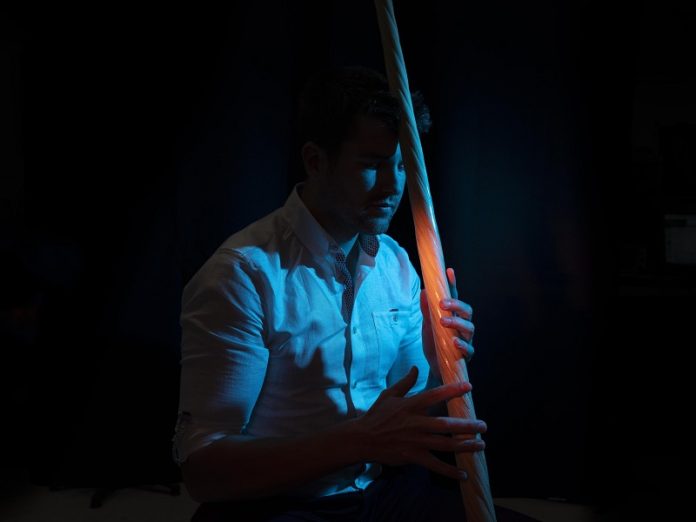
Our view of heroes is changing. Instead of focusing on heroic individuals, new research shows that anyone can act heroically in certain situations.
This idea of “situational heroism” is more inclusive and less elitist than traditional views of heroism.
The research, led by Dr. Katharina Karcher from the University of Birmingham, was published in Critical Studies on Security.
It found that British society now values heroic actions more than heroic people.
Dr. Karcher explains, “Some researchers say we live in post-heroic times, meaning there are fewer classic heroes like Winston Churchill. Instead, we value heroic actions and situational awareness more.”
Situational awareness is key to reacting to dangerous situations.
It has three parts: noticing important details in the environment, understanding the situation, and predicting what might happen next.
The UK’s National Counterterrorism Security Office has even run campaigns encouraging people to ‘stay alert’ and ‘trust their instincts.’
Good situational awareness can lead to brave decisions and quick actions during emergencies. This was seen during the 2019 London Bridge terror attack.
Two men, Darryn Frost and Steve Gallant, confronted the attacker, Usman Khan, who was stabbing people. Frost used a Narwhal tusk to help stop the attack. Both men were later awarded the Queen’s Gallantry Medal for their bravery.
Dr. Karcher points out that Frost and Gallant don’t fit the traditional image of heroes. Frost was a regular Ministry of Justice employee, and Gallant was a convicted murderer serving a life sentence.
Despite their backgrounds, their actions during the attack showed exceptional bravery. This demonstrates that anyone, even a convicted murderer, can be a hero in certain situations.
Dr. Karcher’s research, which included interviews with Frost, found that the shift towards valuing situational awareness has created this new type of heroism. However, Frost and Gallant don’t see themselves as heroes.
They believe they were just protecting others.
Frost initially felt uncomfortable being called a hero. He said, “At first I shunned the word hero and it made me feel very uncomfortable. It wasn’t something I was looking for or wanting. […] Yes, we did some really positive things. But there are a lot of negative side effects.”
Frost eventually accepted the hero label to campaign for Gallant’s release. However, this raises important ethical questions. What happens if situational heroism becomes a moral expectation? Should we ignore past unheroic acts when praising someone’s bravery?
Gallant’s case highlights these issues. He received a life sentence in 2005 for killing a former firefighter. Vicky Foster, the ex-partner of the man Gallant killed, expressed her discomfort with Gallant being celebrated as a hero after the London Bridge attack.
Dr. Karcher concludes, “The praise for ‘heroic actions’ of civilians with situational awareness has great social and political significance. It shows that ordinary citizens can become heroes.
The title ‘hero’ comes with heavy expectations, but this is changing. As we value situational awareness more, heroes can be anyone, even those you least expect.
What this means for governments, security agencies, the media, and society is the next big question.”



